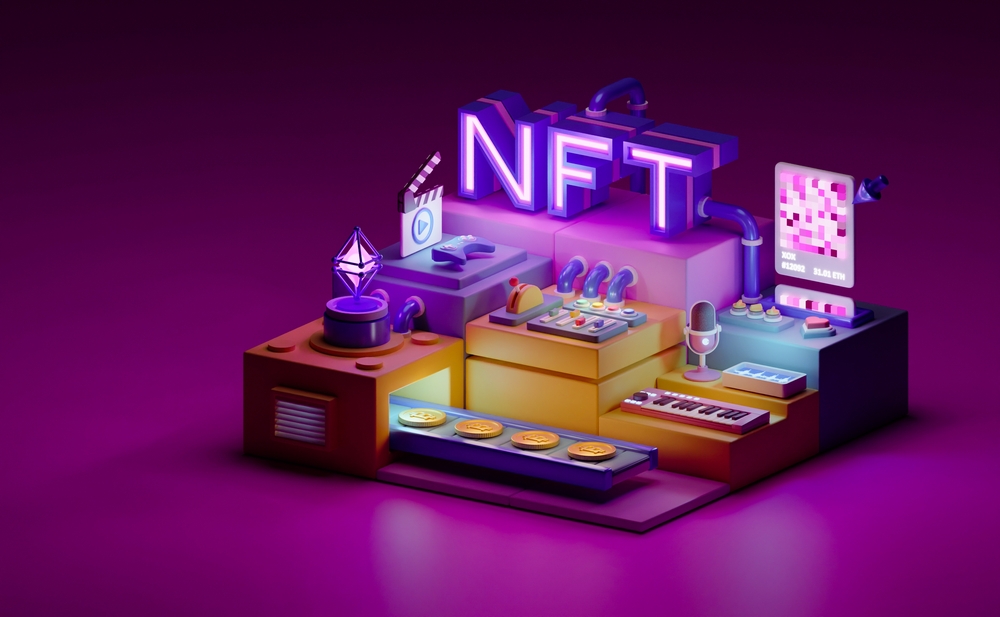It may sound like some futuristic world straight out of The Matrix franchise or Ready Player One. In fact that wouldn’t be a million miles from the truth. The Metaverse is the buzz word in tech circles right now, and it’s beginning to permeate conversation in the real world. Mark Zuckerberg calls it the future of the internet, but what is it? And with MacDonald’s being the first fast food restaurant to file a trademark for a virtual restaurant in the Metaverse, is it something more hospitality brands should have on their radar? Here, I take a deep dive into The Metaverse. Exploring its significance in the wider hospitality outlook. Answering the question of: The Metaverse: What is it? And what does it mean for hotels and restaurants?

WHAT IS THE METAVERSE?
A complex question without a succinct answer. As it stands right now, The Metaverse is mainly a vision of how brands intend to interact with consumers in the future. The vague description often comes from the fact that people view it as a constantly evolving idea – like the internet in its infancy. Nobody really understood what it was or what it could become. There was no end goal, merely a vision.
In simplest terms the Metaverse is a virtual world which will probably be accessed via virtual reality and augmented reality (a mix of real life and computer-generated graphics). It’s not wildly different to immersive gaming experiences that are around right now, but the difference is that in Facebook’s vision – The Metaverse will be all encompassing, a place where we socialise, work, plan, play and crucially, make buying decisions.
MCDONALD’S AND THE METAVERSE – A MATCH MADE IN HEAVEN?
McDonald’s was the first big hospitality brand to file a patent for its next generation shopfront, although many other brands are gearing up to define what their Metaverse presence will look like – Nike, Gucci, and Crocs just a few that have publicly announced their plans.
According to reports, McDonald’s has filed a number of patents including for “virtual food and beverage products,” and “operating a virtual restaurant online featuring home delivery.”
According to one international trademark lawyer quoted in Business Insider, the premise is this:
“You are spending time together in the metaverse and get hungry. You don’t have to put down your headset. You walk into a McDonald’s and place an order. It arrives at your door a little while later.”
For this brand, which relies on ‘cravings,’ impulsive purchases and peer suggestion. And with a low price point and national outlets being able to deliver to homes within minutes, it is a perfect vehicle. Those immersed in the Metaverse are likely to be distracted and easily encouraged to share a ‘take out with friends’. Similar fast-food outlets should be clambering to follow suit, in my humble opinion.
DO HOSPITALITY BRANDS NEED TO GET ON BOARD?
So, when you think about the question at hand: The Metaverse: What is it? And what does it mean for hotels and restaurants? I think about historic apathy to the pace of technological changes. My word of warning to hospitality brands, therefore, would be to ignore the Metaverse at your peril. So many times, we’ve seen huge corporations fall by the wayside for not embracing or keeping up with new technology – Blockbuster, Debenhams, Kodak, Nokia, Blackberry to name a few. The old adage “fail to plan, plan to fail” springs to mind.
At the very least you should be keeping an eye on the progress and evolution of The Metaverse and considering just how your operation might work in a virtual space. Do you have the logistics and set up to fuse real and technological realities and deliver in a fast, efficient manner that Metaverse customers will demand?
Before you go running off to the patent office, take a breather. Think through just how your venue could or would operate in The Metaverse…is it even possible?

WHO THE METAVERSE COULD BENEFIT
If you’re a restaurant with home delivery then it’s a no brainer, here it’s more about how you’re represented. How you take your brand values and translate them into virtual shopfront without losing cornerstones of your brand like excellent customer service. What will your virtual restaurant look like? How will it feel? How will you create atmosphere and a customer experience just like they receive in real life? All things you need to consider.
For hotels or eateries with no dine at home option, there’s a different set of objectives. The instant gratification or impulse buy is less obvious but it’s still there. For me it’s all about giving customers as real and satisfying an experience as possible in order to make them want to visit in real life. You could show them the views, the sights, the sounds of your venue and immerse them in the brand experience. Then offer them the chance to visit in the future– try before you buy. This could extend to virtual reality tours for couples planning a wedding, or businesses planning an event. Virtual weddings? It’s not beyond the realms of imagination.
There may even become a point when virtual holidays are a thing. A whistle-stop tour around the world without leaving your bedroom. If and when it does, be sure to be ready.
ARE YOU READY?
In conclusion, where, when, and even if The Metaverse will become the norm, nobody knows. However, brands who don’t have it on their radar run the risk of being caught on the backfoot. As a given you should already be investing in digitising your offering, not only to meet the needs of today’s demanding consumer but to be sure you can offer the best possible value and service.
Ready player one?
LISTEN
Hear Mark Zuckerberg explain his vision of the Metaverse here: https://www.youtube.com/watch?v=6b_wpVNq1C8
And if you enjoyed hearing my thoughts on the Metaverse, then head over to our blog to find the answer to whether automation is a solution for hospitality.


